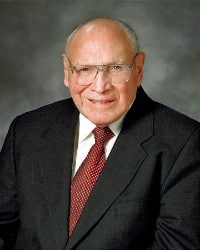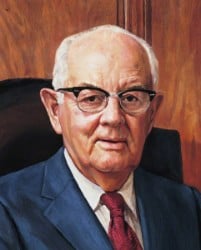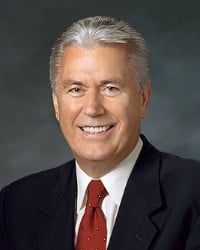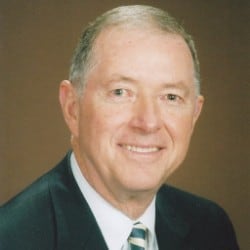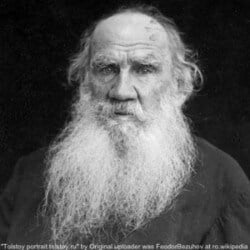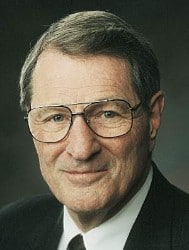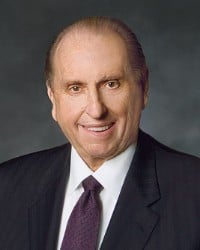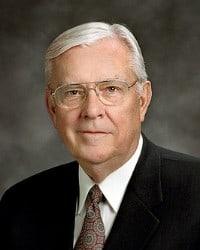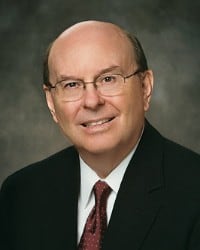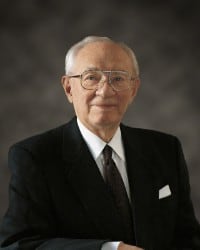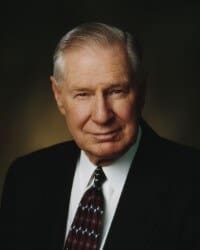
“I believe the Spirit of the Holy Ghost is the greatest guarantor of inward peace in our unstable world. It can be more mind-expanding and can make us have a better sense of well-being than any chemical or other earthly substance. It will calm nerves; it will breathe peace to our souls. This Comforter can be with us as we seek to improve. It can function as a source of revelation to warn us of impending danger and also help keep us from making mistakes. It can enhance our natural senses so that we can see more clearly, hear more keenly, and remember what we should remember. It is a way of maximizing our happiness.
“The Spirit – the Holy Ghost – will help us work out our insecurities. For instance, it can help us learn to forgive. There comes a time when people must move on, seeking greater things rather than being consumed by the memory of some hurt or injustice. Dwelling constantly on past injuries is, by its nature, limiting to the Spirit. It does not promote peace.”
| General Conference, April 1989



